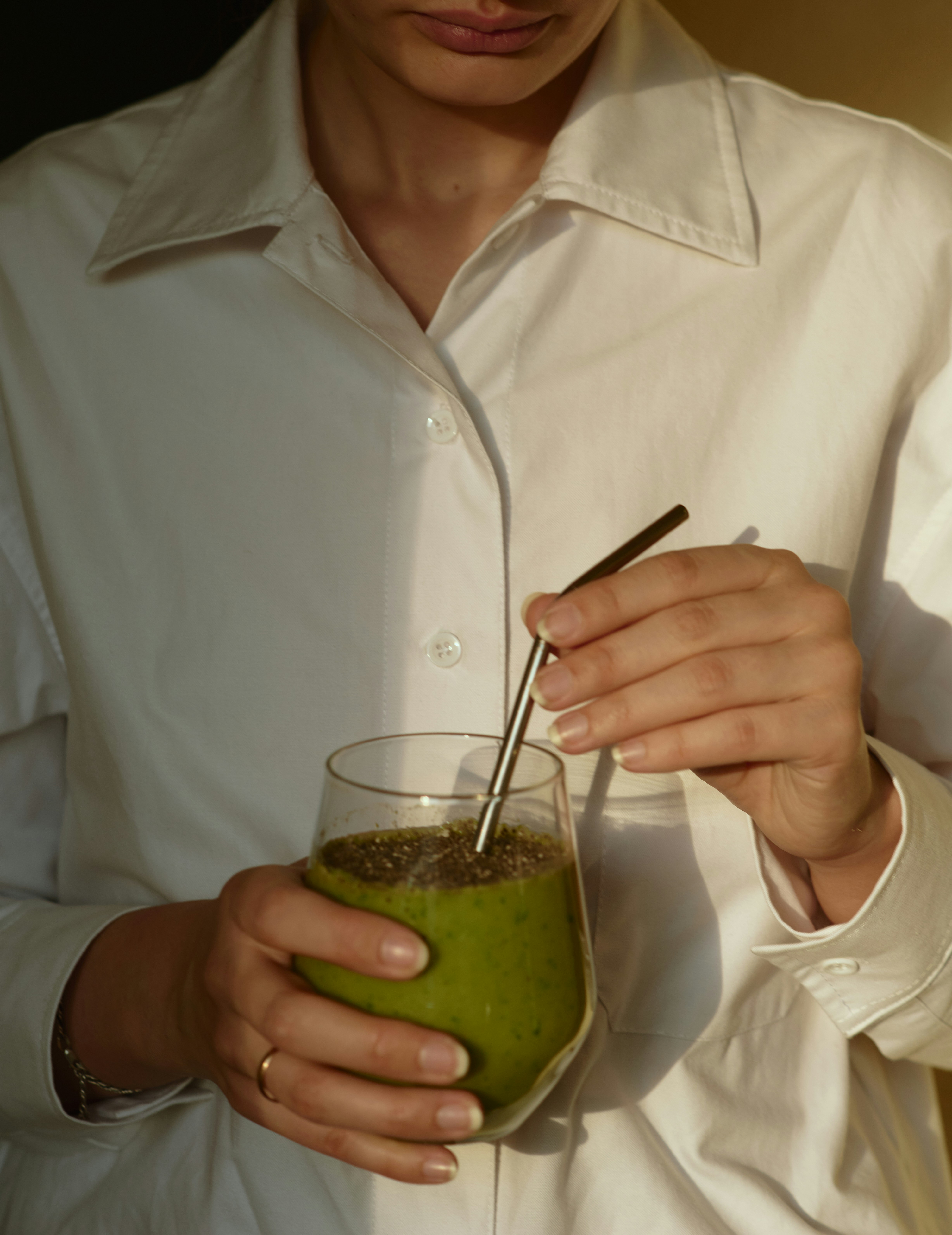How does food affect your focus and mood?
If you live with ADHD, you’ve probably felt the chaos that comes from low energy, sudden mood shifts, or afternoon brain fog. But what if some of it came down to what—and how—you eat?
There’s no miracle diet for ADHD, but growing research and firsthand accounts suggest that food can either support or sabotage your mental clarity, energy, and emotional regulation. In this guide, we’ll explore the connection between ADHD and nutrition, the foods that help, the ones to avoid, and practical tips to build better eating habits without turning food into another source of stress.
The ADHD brain and nutrient needs
The ADHD brain struggles with dopamine regulation, impulse control, and executive function. This makes:
- Long-term meal planning harder
- Impulse eating more common
- Cravings for sugar or carbs stronger
- Irregular hunger cues more likely
On top of that, research shows people with ADHD may have lower levels of certain key nutrients, including:
- Omega-3 fatty acids
- Iron
- Magnesium
- Zinc
- Vitamin D
These nutrients play critical roles in brain function, neurotransmitter activity, and mood stability.
What to eat more of: ADHD-friendly nutrients
🧠 Omega-3s (DHA and EPA)
Support brain health and emotional regulation.
Sources: Fatty fish (salmon, sardines), walnuts, chia seeds, flaxseed oil
🔋 Protein
Helps manage blood sugar and supports dopamine production.
Sources: Eggs, lean meat, tofu, legumes, Greek yogurt
🍚 Complex carbs
Provide steady energy and prevent crashes.
Sources: Brown rice, oats, quinoa, sweet potatoes
🥬 Iron and Zinc
Low levels can worsen inattention and irritability.
Sources: Red meat, spinach, pumpkin seeds, lentils
☀️ Vitamin D
Linked to mood and focus. Especially important in low-sunlight areas.
Sources: Fortified dairy or plant milk, supplements, sun exposure
What to avoid or limit
🍭 Refined sugar
Causes energy spikes and crashes. May increase hyperactivity and impulsivity.
🧃 Artificial additives and dyes
Some people (especially kids) are sensitive to food colorings like Red 40 or preservatives like sodium benzoate, which may increase hyperactivity.
🍞 Simple carbs
White bread, sugary cereals, and processed snacks cause rapid blood sugar swings that affect attention and mood.
☕ Excess caffeine
While caffeine can help some adults with ADHD focus, overuse may worsen anxiety or sleep issues.
Managing eating patterns with ADHD
Nutrition isn’t just about what you eat—it’s also about how and when you eat. ADHD can lead to:
- Skipping meals or forgetting to eat
- Binge eating when starving
- Late-night snacking
- Ignoring hunger cues
✅ Strategies to Stabilize Eating:
- Prep food in advance so meals require minimal decisions
- Use alarms or reminders to eat at regular intervals
- Keep healthy snacks visible—visibility increases likelihood
- Pair eating with a routine, like having breakfast while checking emails
Supplements: helpful or hype?
Many people with ADHD take supplements, especially if their diet lacks key nutrients.
Popular supplements for ADHD include:
- Fish oil (high in EPA and DHA)
- Magnesium
- Zinc
- Iron (only with a doctor’s advice)
- Vitamin D
Supplements are not a replacement for a balanced diet, and some may interfere with medications. Always consult your doctor or a registered dietitian.
ADHD and emotional eating
Emotional dysregulation in ADHD can make food a coping tool. People often eat to self-soothe boredom, stress, or overstimulation. This can lead to:
- Overeating
- Guilt and shame
- Blood sugar crashes
🧘 Coping strategies:
- Pause before snacking—ask what emotion you're trying to address
- Replace mindless snacking with movement or connection
- Build emotional regulation tools like journaling or short walks
ADHD, meal planning, and executive function
Meal planning can feel overwhelming when you struggle with organization or decision fatigue. Keep it simple.
🛒 Practical tips:
- Make a short rotation of meals you love and can cook easily
- Use visual grocery lists (with images or color codes)
- Batch-cook once a week and freeze meals
- Keep a backup list of “emergency meals” for low-energy days
Nutrition is not a cure for ADHD—but it is a powerful lever you can control. Eating foods that support your brain and reduce energy crashes can help you feel more balanced and less reactive. No need to aim for perfection—just aim for consistency and compassion.
Start small. Add an egg to your breakfast. Swap soda for water. Keep a banana in your bag. Over time, these changes build a foundation for better focus, mood, and energy.

